Research
Time
Friday 24 February
9:05am
Location
Boardroom
Speaker
John Cripps Clark
Deakin University
Abstract
“We can go and do our research and know what’s right not because we’re science students but because we know how to look at a website now” Student
In an online environment rich in unmediated content, the ability to evaluate information sources for credibility is an essential skill for scientists, science students and the general public. However, when we try and teach this skill we usually give a checklist of criteria to use which has been demonstrated to have only short-term influence on skills and behaviours.
This paper explores the pedagogy needed to scaffold a more sophisticated judgments of the accuracy and reliability of scientific information and argues that students must be empowered to think critically about the sources of information that they encounter. To do this they need to be able to develop their own criteria for judging accuracy and reliability in collaboration and with reference to expert judgments.
The Judging accuracy and reliability of information program (JAR) is a teaching and research collaboration between Science Communication academics and Library staff designed to educate students to better assess science information freely available on the web. All teaching staff and librarians involved in the program and a sample of students were interviewed and emergent themes revealed. Based on these interviews, we identified some of the factors that appear to have contributed to the learning outcomes.
Both students and tutors reported that the program improved critical thought and empowered students to generate a counter-narrative to inaccurate or misleading information. Students also reported that the program would have long lasting effects on their approach to information evaluation. We argue that active learning with creative tasks, in collaborative and iteratively allowed students to develop epistemic agency. It nurtured their emerging identity as scientists through increasingly sophisticated decision making and metacognitive reflection, and motivated students to make sound, reasoned judgments of the accuracy and reliability of information.







Leave a Reply